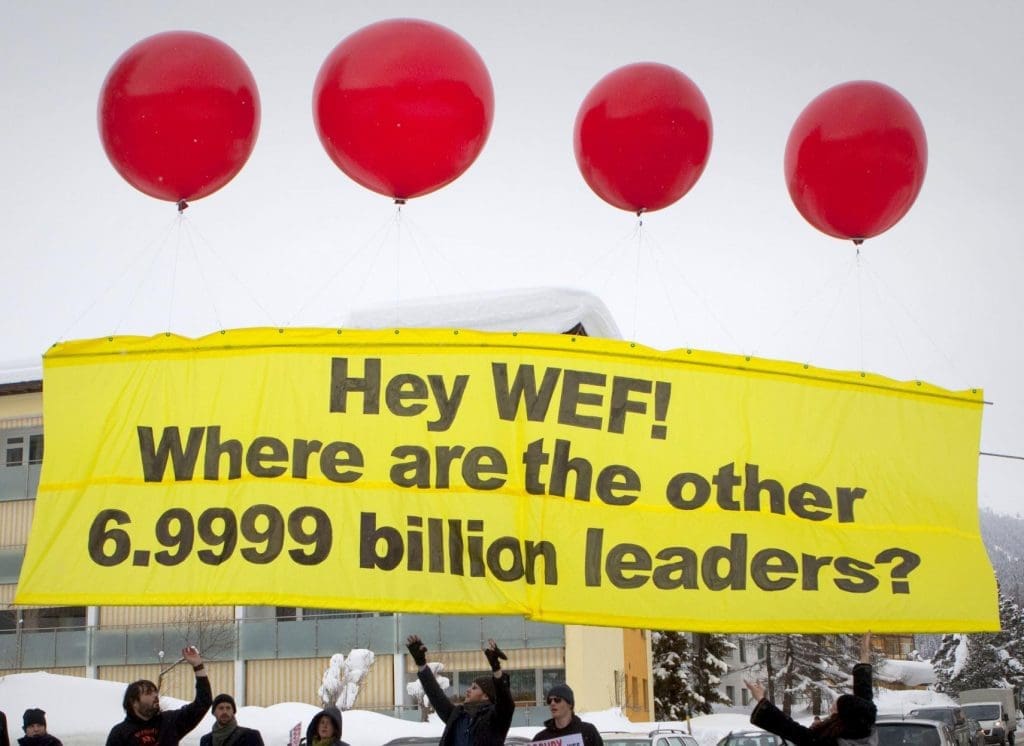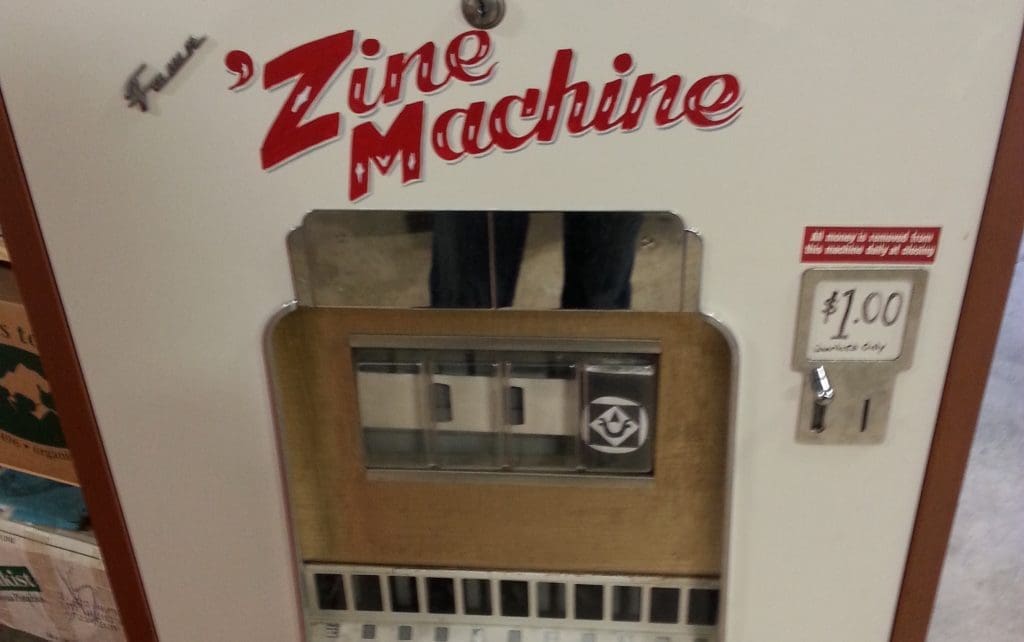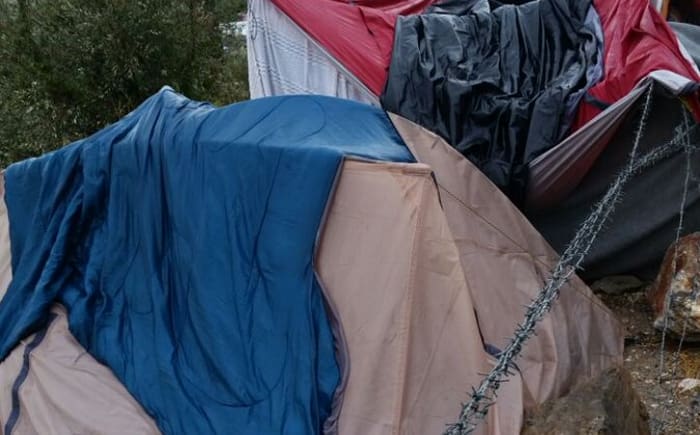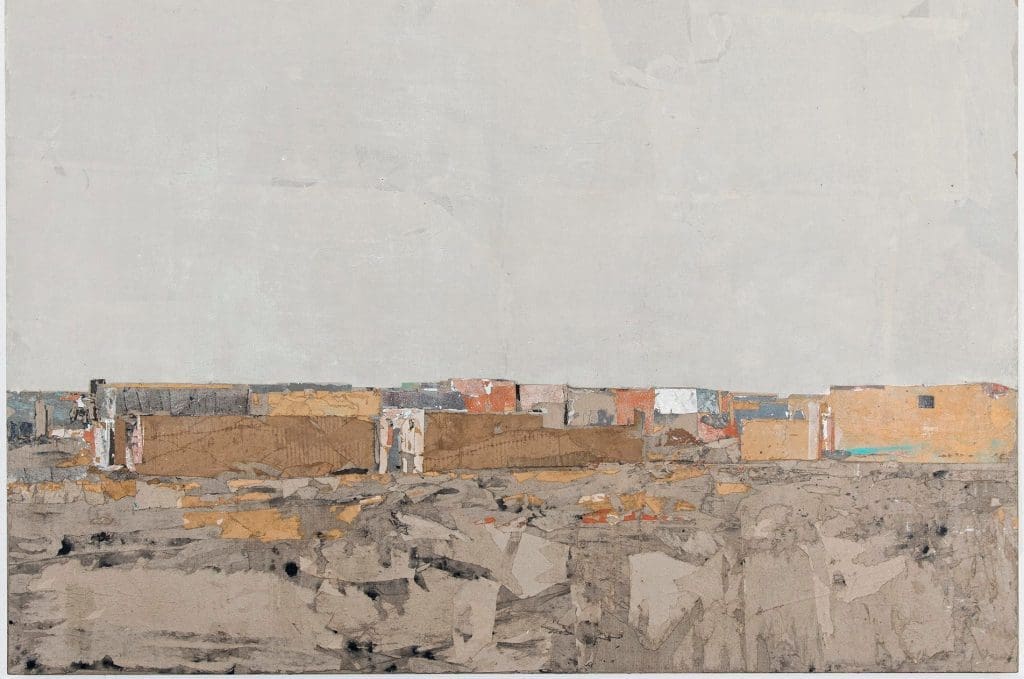Transcribed from the 19 September 2015 episode of This is Hell! Radio and printed with permission. Edited for space and readability. Listen to the full interview:
[soundcloud url=”https://api.soundcloud.com/tracks/224939166″ params=”auto_play=false&hide_related=false&show_comments=true&show_user=true&show_reposts=false&visual=true” width=”100%” height=”450″ iframe=”true” /]
“On the day when the imperial courts were supposed to meet, 4,622 militiamen organized into 37 companies by their respective townships—half the adult male population of an entire sprawling county—showed up. They didn’t want blood. They just wanted to make sure that there was no imperial government. They shut down British authority.”
Chuck Mertz: A nation’s history—especially the stories it tells about its foundation, how the country became one—has defining characteristics that citizens embrace as an understanding of where their homeland has come from…and that in many ways dictate where it’s going.
So what happens when you haven’t been told the whole story? All of us have been told time and time again about the “Spirit of 1776,” without learning that it was really the revolutionary spirit of 1774, two years earlier, that truly sparked the revolution, the war, and the United States of America.
Ray Raphael is co-author of The Spirit of ’74: How the American Revolution Began, with his wife Marie Raphael. Ray, great to have you back on This is Hell!
Ray Raphael: Good to be talking to you again, Chuck.
CM: Always great to have you on. The first question I have for you was raised by a listener:
“The world views the US revolution as hardly innovative, using mostly the same structure the English had, while not granting many more human rights. It was more of a fight against colonialism, a colonialism we would then continue. The French Revolution of 1789 is far more revolutionary.”
So how revolutionary was the American Revolution?
RR: The American Revolution was many things, and I think the listener is lumping everything that happened in that revolution into one bundle. But I’m going to tell you today about a revolution that was absolutely unparalleled, and has not even been equaled since.
We usually think the revolution started in Lexington and Concord, 1775. And then we declared independence in 1776. What happened before that? The Boston Tea Party was the big event in 1773. There were sixteen months between the Tea Party and Lexington and Concord. What happened in those sixteen months?
Usually what the textbooks say happened is that parliament closed the port of Boston to punish Boston, and then the other colonies flocked to the aid of Boston and sent supplies, and people met in Philadelphia to petition the king. Then, somehow magically, these acts of charity and a meeting in Philadelphia triggered the British to march on two small towns in Middlesex County, Massachusetts. That’s all we’ve heard. There’s no causality there. There’s no link.
What really happened is that in 1774 the entire Massachusetts countryside, everywhere outside of Boston (and 95% of the colony’s population is outside of Boston) completely and totally shed British rule. And they did so in a democratic manner that is going to blow your mind. They pushed all British authority away, and they did it with participatory democracy.
It’s an amazing story, and that’s the one I want to share with you.
CM: You write how “the catalyst here, as in traditional narratives, is the destruction of tea, which triggered parliament’s punitive response. But if closing Boston’s harbor was a severe punishment, it was not parliament’s most drastic act, or the final insult in a long list of abuses, as textbooks state.”
Okay, what was?
RR: On both the right and on the left, people like to wave the constitution in the air and complain that it is being violated in this or that way. But let’s say, for instance, that not only did you think the government violated the constitution in this or that regard, but the government yanked away the entire constitution. No constitution. You can’t vote anymore. You have no say in your government. What would you do?
That is exactly what happened. In response to the Tea Party, the parliament closed the port of Boston. That was kind of aggravating, but that kind of thing had happened before, and it did not spark this huge revolution. What sparked it was yanking away the people’s charter with the Massachusetts Government Act of 1774.
People in Massachusetts had enjoyed a lot of home rule. They had been meeting in town meetings for 150 years, and suddenly they couldn’t do it anymore. They had had a say in all their elected officials, from the council to the sheriff to their jurors, the people who would try them if it came to that. They had a say in who those people were.
Suddenly they had no say at all. None at all. It was all done from above. The king would appoint the council, and the council would appoint everybody else. So if you were hauled into court for nonpayment of debt, you’d be facing jurors chosen by the sheriff. Imagine what that would be like.
So the people rose up as a body. They said, “No way. We are not going to let this happen. We are going to shut down the government.” And I don’t mean the kind of “government shutdown” that we talk about today. I mean the people closing the courts, closing the administrative machinery, making sure all the council members resign their jobs or flee to Boston.
Of course they are meeting in their town meetings; those town meetings formed committees of correspondence, and they communicated with each other, and they coordinated these monster overthrows of British authority.
CM: So do you believe that the American Revolution was more a pro-democracy revolution than the anti-tax revolution that we seem to have been told about in our textbooks?
RR: Again, the American Revolution was many things. I’m talking about New England here. It was a very different character in Virginia, for example. In Virginia, there were these large slave owners like Washington and Jefferson in the forefront. Eventually these things would merge. But it started with Massachusetts, and the Massachusetts Revolution of 1774. That became so prominent that the other colonies joined in, and it became the American Revolution.
Let me tell you a little bit about what actually happened in 1774, and then you can decide how ground-shaking this was or not. The Massachusetts Government Act is supposed to take effect on August 1st, 1774. In every county seat, the administration of imperial law on the county level (again, 95% of the people live in the townships) is happening through the county courts. They’re not just the judicial bodies—although they are that too, the Court of Common Pleas. But the Court of General Sessions is the administrative arm of local government under British authority. That’s where the king ruled, through the county courts and those local county governments.
These convene quarterly. So the first time each one is scheduled to meet in each county seat, large numbers of people get together to make sure it doesn’t. And I’m not talking about minor protests here. Take Worcester County. Worcester is a sprawling rural county stretching all the way from New Hampshire on the north down to Rhode Island on the south, a large land mass. And on one day, September 6th, 1774, when the courts are supposed to meet, 4,622 militiamen organized into 37 companies by their respective townships—half the adult male population of an entire sprawling county where people have to walk or march for hours and sometimes days to get to the county seat—show up.
The court-appointed officials, of course, can’t get into the courthouse, because the militiamen have taken it over. So they huddle in a tavern, Daniel Hayward’s tavern, wondering what’s going to happen to them. The insurgents don’t want blood. They just want to make sure that there is no imperial government. They are shutting down British authority.
So they get together in their 37 companies; they’ve already elected their own militia captains, but now they elect another person, a political representative who serves for one day. The ultimate in term limits. Their only job is to meet together on this one day, form a committee, and the committee goes and works something out with the judges: the wording of their recantations.
But the committee doesn’t have the power to approve the recantations. They take them back to the 37 companies. The 37 companies hash it out and send the word back that no, that’s not sufficient. They wanted something stronger. So they got something stronger. Finally everybody is agreed. This has taken all day, but finally they got it together. And one by one, out of the tavern comes a court official, literally hat in hand, and he recites his recantation: “I will never exercise any authority under this unjust, unconstitutional, terrible act of parliament,” and so on like that.
“Eventually, people would have to fight. And they did fight. But that’s the war. We always think of the war. But the war masks and hides the revolution.”
But he’s not done. The militiamen line both sides of the main street. It takes more than a quarter mile to get from the tavern to the courthouse, and there are about 2,300 men on each side of the street, and they all want to hear. So each official has to repeat the recantation, step forward to the next group, and repeat it again—over thirty times.
This is happening not only in Worcester, but in all the counties in Massachusetts except Boston. We’re told that Boston is the seat of all revolutionary authority. But that’s the only place they didn’t overthrow the court, because British troops were stationed there. Everywhere else, the government is shut down totally—never to return.
And all by democratic vote. Abigail Adams actually witnesses one of these things in Braintree. She describes a crowd seizing some powder and stopping the sheriff from delivering a warrant. And afterwards somebody said, “Let’s celebrate with a Huzzah!” But then somebody else said, “Wait, wait, wait! It’s Sunday. It’s the Sabbath. We can’t do that.” So right there, this rowdy crowd stops and holds a vote: should they Huzzah on a Sunday? And they decide, nope, we’re not going to Huzzah on a Sunday.
That’s the level of democracy that was happening at every demonstration, in every county seat. Every “mob action” was totally democratic, and it totally overthrew British rule, because the absolute overwhelming majority of the people—everybody but a handful of government office holders—were behind it. And the reason they were behind it was because their constitution was yanked away.
Now that, to me, is a revolution. Totally democratic, totally successful.
CM: Is our view of our revolution, the American Revolution, skewed in some way by viewing it as an urban revolution as opposed to a rural revolution?
RR: Yes, it’s very distorted. You wonder why this story is not told. There are all kinds of reasons. One of the key reasons is that the press is very urban-centered. Of course, though the townships didn’t have social media, they had their own informal social media at all the taverns, where people gather and talk. They have meeting houses where they talk more officially. But the press is all in the urban areas, in Boston. So that’s where we focus.
There are other reasons we don’t hear about it too. There are no famous leaders. It wasn’t that type of revolution. It was organized by committees of correspondence, and everything they did was democratic and was done through the town meetings.
Another reason we don’t hear about it is it was bloodless. Why was it bloodless? Because what in the world are two dozen British-appointed court officials going to do? Two dozen people versus 4,622? They’re going to submit. So there’s no bloodshed. The councilors either resigned or fled to Boston immediately, or the militiamen would intimidate them (with threats of tar-and-feathering, for example) to the point where they would do one or the other.
But there’s another reason, too, and it has to do with the nature of revolution. It is interesting to note that we do hear of something vaguely similar: namely, Shay’s Rebellion. That is in the textbooks. It was twelve years (to the day) after the Massachusetts Revolution that they tried to do the same thing and close the courts again. But then, the people were divided, and fairly evenly at that, and there was violence, and it failed. Also the numbers weren’t nearly as large in Shay’s rebellion.
So why do we hear about the unsuccessful, smaller one and not about the larger, successful one (upon which it was partly modeled, incidentally)? Look at the story we want to tell. We want to tell how Paul Revere rode and woke up the sleepy-eyed farmers, and then those big, bad, mean, red-coated soldiers mowed them down on Lexington Green. It’s the myth of innocence, that’s what David Hackett Fischer calls it in his book Paul Revere’s Ride. The myth of innocence.
Injured innocence: the big, mean British did us in. It’s a David and Goliath story, and we always root for David, right? We’re just the poor little colonies. But in the 1774 revolution, who is David and who is Goliath? 4,622 militiamen had been arming all summer for the event. In the very end, they decided to leave their arms at home: they realized that governor [Thomas] Gage was not going to support with troops, he was totally outnumbered, so they didn’t need them. But even so, who’s David and who’s Goliath? The people are Goliath, and it doesn’t fit the myth of injured innocence.
It’s a much more dramatic and revolutionary story. And it was actually suppressed. The early historians told this story. There were four early histories of the United States that all told it in some detail. But in the early 19th century, the people who were writing the textbooks then didn’t really want to inspire revolution in schoolchildren; they wanted to inspire respect and obedience for government. So they expunged the very word “rebel,” and they certainly didn’t want to talk about the people overthrowing the government with such dynamic force. So it got eliminated from the textbooks, and basically never returned until now.
CM: So does the US have a violent history, or not? Is the reason we may think the US has a violent history that we only focus on the violent acts of the American Revolution rather than the participatory democracy and the spirit of 1774?
RR: There is one thing we can’t totally dismiss. The people in Massachusetts knew, of course, that the crown and parliament were not going to sit by and let this happen without reacting: “Oh, there went one colony, big deal!” They knew they were going to do something about it, and they figured they would try to exert military force. So they started to arm.
Starting on literally July 4th, 1774–two years earlier, to the day, than the signing of the declaration of independence—the Worcester town meeting voted to say it’s time to arm. They had decided they were going to have to shut down this Act, and that they were probably going to have to defend themselves. That’s the beginning of it. They all start arming.
So they’ve been arming all summer, getting ready for this September 6th action. And after they’ve shut down all the government, it’s getting to be winter and Gage only has about 3,000 serviceable troops in Boston. And there are literally tens of thousands, probably close to a hundred thousand armed militiamen in Massachusetts and New England ready to go against him. They spend the whole winter arming and getting ready and getting their intelligence networks together. They got all their stuff together to supply an army of 15,000 people to go against Gage’s force once he got reinforced.
“The militias then were public bodies. They were the military embodiment of the town meeting. They were public organizations to which everybody belonged. And these militias, as they developed in the colonies, became very democratic. In Massachusetts, they elected all their own leaders from the bottom all the way to the top.”
So it’s not exactly a nonviolent revolution, because it’s backed up by force. But it doesn’t break out into warfare until the British march on Lexington and Concord. And because if it bleeds it leads, that’s what is focused on. Eventually, people would have to fight. And they did fight. But that’s the war. We always think of the war. But the war masks and hides the revolution. Those aren’t the same. You can have a revolution without a war; look what happened in Russia, and the Berlin Wall and all that stuff. Something akin to that happened in Massachusetts.
I haven’t talked a lot about other colonies yet. In other colonies, there were complaints about taxation and people were doing their own sorts of resistance. But most people were not ready to go to war, and they told the people in Massachusetts, “You’d better not attack the British troops, or we’re not going to support you anymore.” That’s why the Massachusetts rebels didn’t attack Boston even though they could have.
But eventually, as soon as the British attacked, that’s when other colonies said, “Okay, this is actually going to be a war, so we are going to support Massachusetts,” and it becomes the American Revolution. And it becomes a war. And wars are violent. But the revolution that triggered the war was very democratic.
CM: So did the crown overreact to the Boston Tea Party, if they wanted to have a sustainable Massachusetts colony? And how inevitable was the revolution?
RR: I don’t like that word inevitable, because that takes human choice out of it. But one thing does trigger another. In other words, it wasn’t inevitable that they passed that act. But passing that act was—I’d say “overreaction” is an understatement. I mean, my gosh, what did they expect? They were absolutely clueless as to who these people were. They didn’t really pay any attention to the fact that for 150 years these people had been practicing self-government in virtually all measures. They were their own people, and they had developed very democratic ways of doing things that were totally foreign to anything people in Britain had ever heard about. So they totally overreacted.
They might have gotten away with closing the port of Boston, because that was a divisive thing. Benjamin Franklin and George Washington thought the Bostonians should pay for the tea. Also, closing the port of Boston was a temporary thing: just until the tea is paid for, essentially. They could have done that, and I don’t think we’d have had the same kind of revolution.
But they didn’t do that. Instead, they made a permanent alteration to the structure of Massachusetts government, because they were getting all this trouble from Massachusetts, and they couldn’t take it anymore, so they put their foot down and said, “We’re not going to give them any more self-government anymore forever.” I mean, come on. What are they expecting? The people are just going to roll over and take that?
It was a huge overreaction, and really one of the most classic blunders of overreach and hubris that you can imagine.
CM: One last question for you, Ray, and as it is with all of our guests and every time you’re on, it’s the Question from Hell, the question we hate to ask, you might hate to answer, or our audience is going to hate your response.
You write, “That war, in a larger sense, was a continuation of a struggle for dominance that had been going on for centuries, but this particular phase of the war had its origins in the executive order of October 19th, 1774, that banned all arms trade with New England and that, in turn, can be traced to the acquisition of arms by the Massachusetts townships, the Massachusetts provincial congress, and other New England bodies.
“The never-ending chain of actions and reactions blurs the boundaries separating local, national, and global. What happens in a particular here can reverberate far beyond.”
So some people see the American Revolution as a war against over-taxation. I hate to even put this in some people’s minds, but was the American Revolution a war against gun control?
RR: It seems like you’re kind of getting at this Second Amendment business. People say the Second Amendment was to secure the right to bear arms, and it was. But the “right to bear arms” was never questioned. They didn’t need an amendment for that. It was not a political issue. It was never a political issue. The issue under consideration was the right to arm collectively, through a militia, and the right to have a “well-organized” militia.
People, rightfully, were scared that the government would allow the militias to lapse and therefore only have a national standing army, and the people would have no more final recourse. So they said, “No, you cannot let your militias lapse. The people have a right to well-organized militias.” That’s the historical context.
Certainly the “militias” today have nothing to do with the militias then. Because those were public bodies. They were the military embodiment of the town meeting, and they were everybody. They were public organizations to which everybody belonged. Now people call themselves “militias”—that’s a private group, that’s a private army. That’s very different than the democratic embodiment of the people.
By the way, the militias, as they developed in the colonies, became very democratic. In Massachusetts, they elected all their own leaders from the bottom all the way to the top.
CM: Thanks so much, Ray, for being back on our show this morning.
RR: Thank you Chuck, any time! I love talking with you.
Featured image source: a blog dedicated entirely to photographs of plastic toy soldiers





